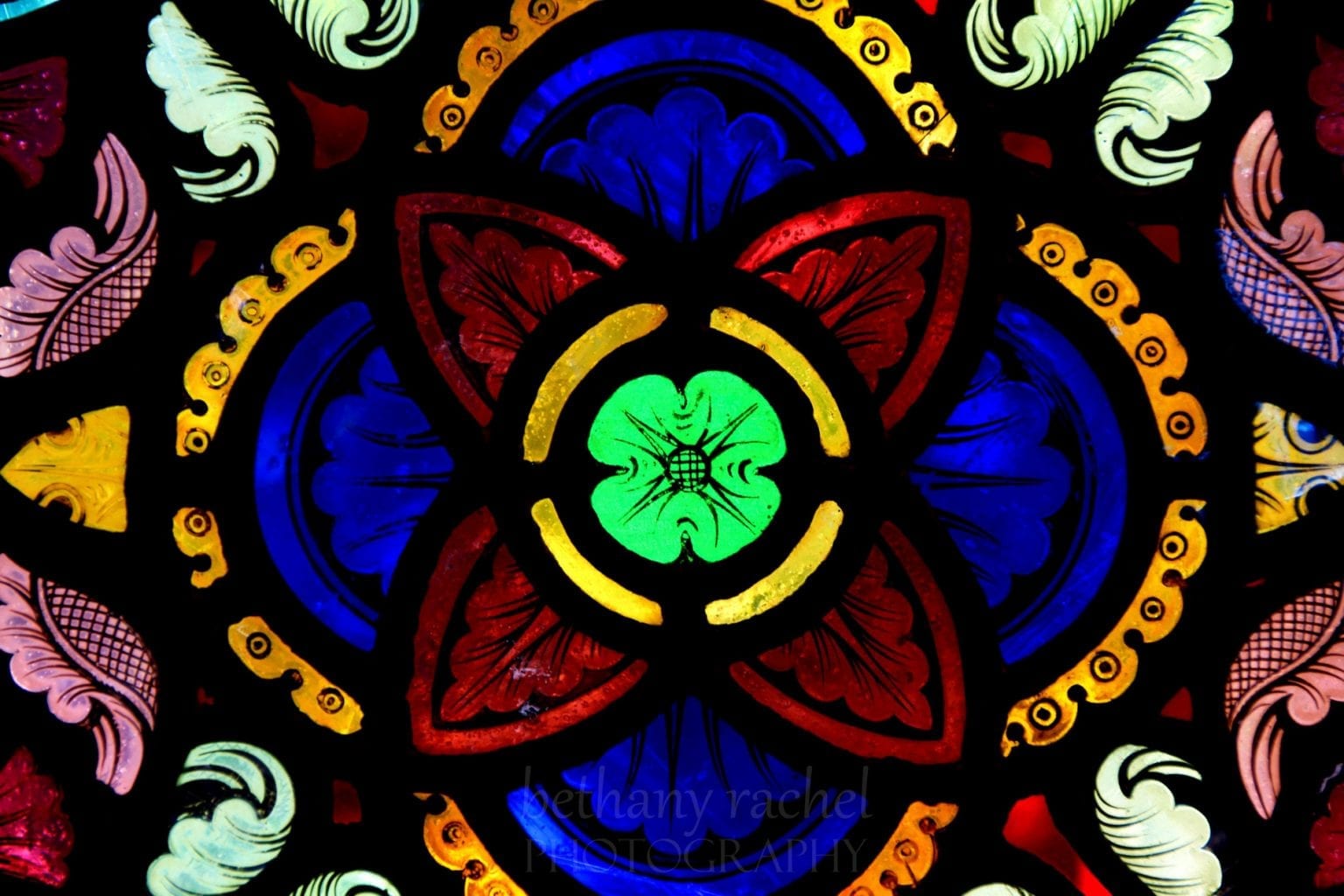Regina Caeli – Queen of Heaven, Rejoice!
The Regina Caeli, Latin for “Queen of Heaven,” is a hymn and prayer ...

The first thing that the Pope wants to establish is the focus and framework of his teaching and his entire Pontificate. It is all about love. But the Pope wants to distinguish the romantic or erotic love of “eros” from the divine love called “agape” or “charity.” It is a misconception either to confuse the two or oppose them. He wants to make clear that when they are divorced, the result is a form of love that is degrading and unworthy of the name human. These are some salient quotes from the first part of his encyclical, Deus Caritas Est (DCE).
We have come to believe in God’s love: in these words the Christian can express the fundamental decision of his life. Being Christian is not the result of an ethical choice or a lofty idea, but the encounter with an event, a person, which gives life a new horizon and a decisive direction. . . .
In a world where the name of God is sometimes associated with vengeance or even a duty of hatred and violence, this message is both timely and significant. For this reason, I wish in my first Encyclical to speak of the love which God lavishes upon us and which we in turn must share with others. That, in essence, is what the two main parts of this Letter are about, and they are profoundly interconnected.
The first part is more speculative, since I wanted here—at the beginning of my Pontificate—to clarify some essential facts concerning the love which God mysteriously and gratuitously offers to man, together with the intrinsic link between that Love and the reality of human love.
The second part is more concrete, since it treats the ecclesial exercise of the commandment of love of neighbor. . . . I wish to emphasize some basic elements, so as to call forth in the world renewed energy and commitment in the human response to God’s love. DCE 1
An intoxicated and undisciplined eros, then, is not an ascent in “ecstasy” towards the Divine, but a fall, a degradation of man. Evidently, eros needs to be disciplined and purified if it is to provide not just fleeting pleasure, but a certain foretaste of the pinnacle of our existence, of that beatitude for which our whole being yearns. DCE 2
It is neither the spirit alone nor the body alone that loves: it is man, the person, a unified creature composed of body and soul, who loves. Only when both dimensions are truly united, does man attain his full stature. Only thus is love —eros—able to mature and attain its authentic grandeur. DCE 5
Eros, reduced to pure “sex”, has become a commodity, a mere “thing” to be bought and sold, or rather, man himself becomes a commodity. This is hardly man’s great “yes” to the body. DCE 5
Love is indeed “ecstasy”, not in the sense of a moment of intoxication, but rather as a journey, an ongoing exodus out of the closed, inward-looking self towards its liberation through self-giving, and thus towards authentic self-discovery and indeed the discovery of God: “Whoever seeks to gain his life will lose it, but whoever loses his life will preserve it” (Lk 17:33), as Jesus says throughout the Gospels (cf. Mt 10:39; 16:25; Mk 8:35; Lk 9:24; Jn 12:25). DCE 6
By contemplating the pierced side of Christ (cf. 19:37), we can understand the starting-point of this Encyclical Letter: “God is love” (1 Jn 4:8). It is there that this truth can be contemplated. It is from there that our definition of love must begin. In this contemplation the Christian discovers the path along which his life and love must move. DCE 12
Excerpts from Benedict XVI’s Encyclical Letter, Deus Caritas Est which flows from the statement in 1 John 4:8 that God is love. Visit the Vatican Website for the full text of this encyclical on love.
For more on charity (caritas) and the role of love in the Christian life, visit the DISCIPLESHIP SECTION of the Crossroads Initiative Library.
No Comments